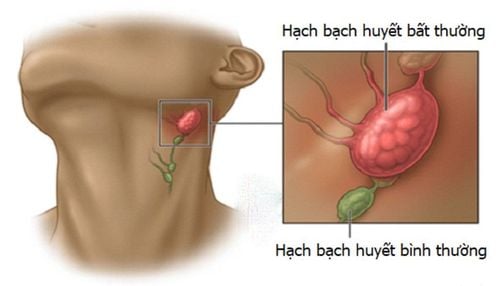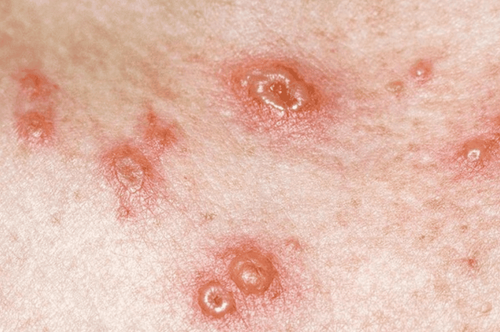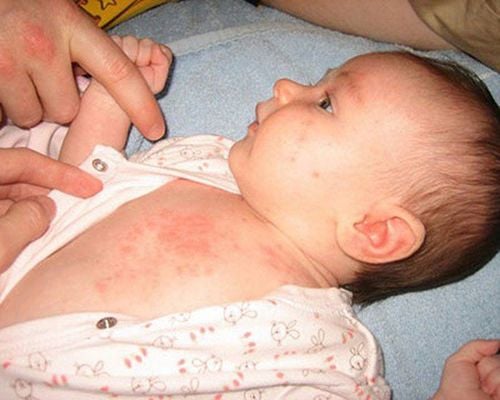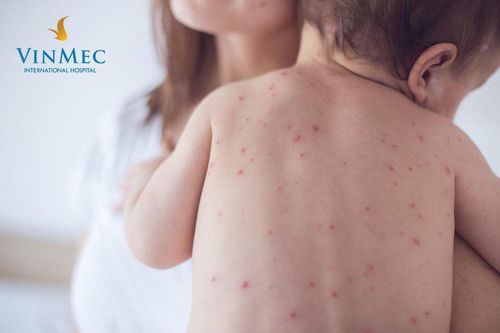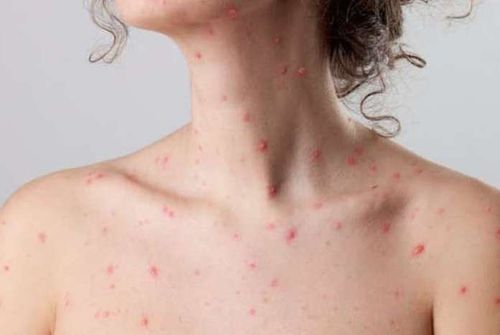This article was reviewed by Huynh Thi Diem Thuy, Specialist level II in Pediatrics, a Vaccine Consultant at the Department of Pediatrics and Neonatology, Vinmec Central Park International General Hospital.
Measles is a highly contagious disease that can easily cause epidemics if not actively prevented. Many people mistake chickenpox for measles because the two diseases share similar symptoms. This article aims to clarify the differential diagnosis of measles and chickenpox.
1. How to differentiate Measles and Chickenpox
Chickenpox has similar manifestations to measles, making it easy for patients to be confused. Both diseases are benign but can lead to serious complications if not treated promptly.
Measles and chickenpox are both prone to outbreaks in the autumn-winter season. This is a time when epidemics are very likely to occur. Individuals with weakened immune systems are susceptible to both diseases.
Actually, many people confuse measles and chickenpox. Some signs to recognize these two diseases are as follows:
1.1 For patients with measles
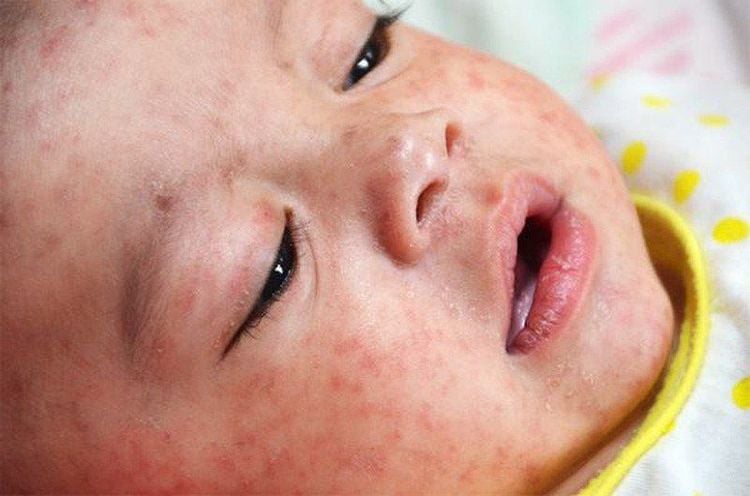
• Measles is a viral illness spread through respiratory droplets. Characteristic signs of measles include: sneezing, mild fever, runny nose, the appearance of rashes on the face, and the rashes will gradually spread from the face down to the feet. The patient will stop having a fever when the rashes appear. Persistent fever warrants careful monitoring for serious complications such as encephalitis, pneumonia, or potentially fatal outcomes.
• Transmission occurs through direct contact with infected individuals via respiratory secretions. The incubation period is approximately 10 days, meaning individuals can be contagious before showing symptoms.
• Measles is considered a dangerous infectious disease, which is also the cause of death for children under 5 years old.
• Measles typically begins with a mild fever that quickly escalates to 39-40°C. High fever accompanied by a full-body red rash, with signs of respiratory tract inflammation, and conjunctivitis strongly suggests measles. Prompt medical evaluation and treatment are important to prevent serious complications.
1.2 For patients with chickenpox
• Following exposure to the virus, chickenpox typically develops after an incubation period of 10-14 days.
• The initial signs of the disease are characterized by the appearance of fluid-filled blisters on the face, which then spread across the body. In severe cases, these blisters may enlarge or become infected, containing pus.
• Children with chickenpox will become anorexic and have a mild fever.
• Adults, on the other hand, often present with more pronounced symptoms such as high fever, headache, and vomiting.
• Chickenpox typically resolves within 7-10 days, with the blisters drying and scabbing over provided there are no complications. Any residual skin discoloration at the site of the blisters usually fades without scarring unless a secondary bacterial infection occurs.
• Chickenpox is an acute infection caused by the Varicella zoster virus.
• Transmission of varicella occurs via the airborne route through direct contact with infectious respiratory secretions.
2. Measles treatment
For those with mild measles, hospitalization is not necessary. It is necessary to isolate the patient, avoid drafts, and rest. Antipyretics can be used, soft foods can be eaten, and contact with those around should be limited. Wear a medical mask when talking or contacting others. Do not self-medicate without the prescription of a medical professional.
For those with persistent high fever, difficulty breathing, etc., they must be taken to the hospital immediately for timely treatment to avoid dangerous complications.
Children need to be fully vaccinated against measles. Absolutely do not self-administer traditional medicine of unknown origin to bathe young children.
3. Chickenpox treatment
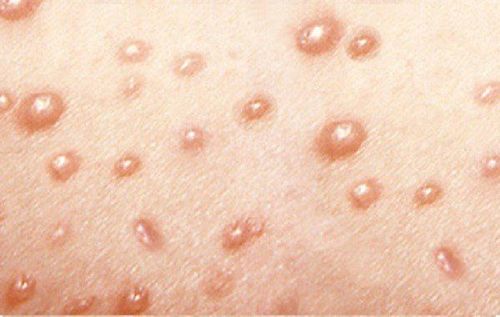
Proper skin care is important for patients with chickenpox. If the blisters become infected, severe cases can lead to bloodstream infection or permanent scarring.
For patients with good resistance, the disease will heal on its own and vice versa. All subjects must be vaccinated against chickenpox. Do not use folk remedies that have not been scientifically tested to self-treat the disease.
According to the Ministry of Health, children need to be fully and timely vaccinated to prevent measles and chickenpox. This is the most effective way to prevent disease. Those who contract the disease require appropriate care and treatment to minimize the risk of complications.
To arrange an appointment, please call HOTLINE or make your reservation directly HERE. You may also download the MyVinmec app to schedule appointments faster and manage your reservations more conveniently.
To arrange an appointment, please call HOTLINE or make your reservation directly HERE. You may also download the MyVinmec app to schedule appointments faster and manage your reservations more conveniently.
